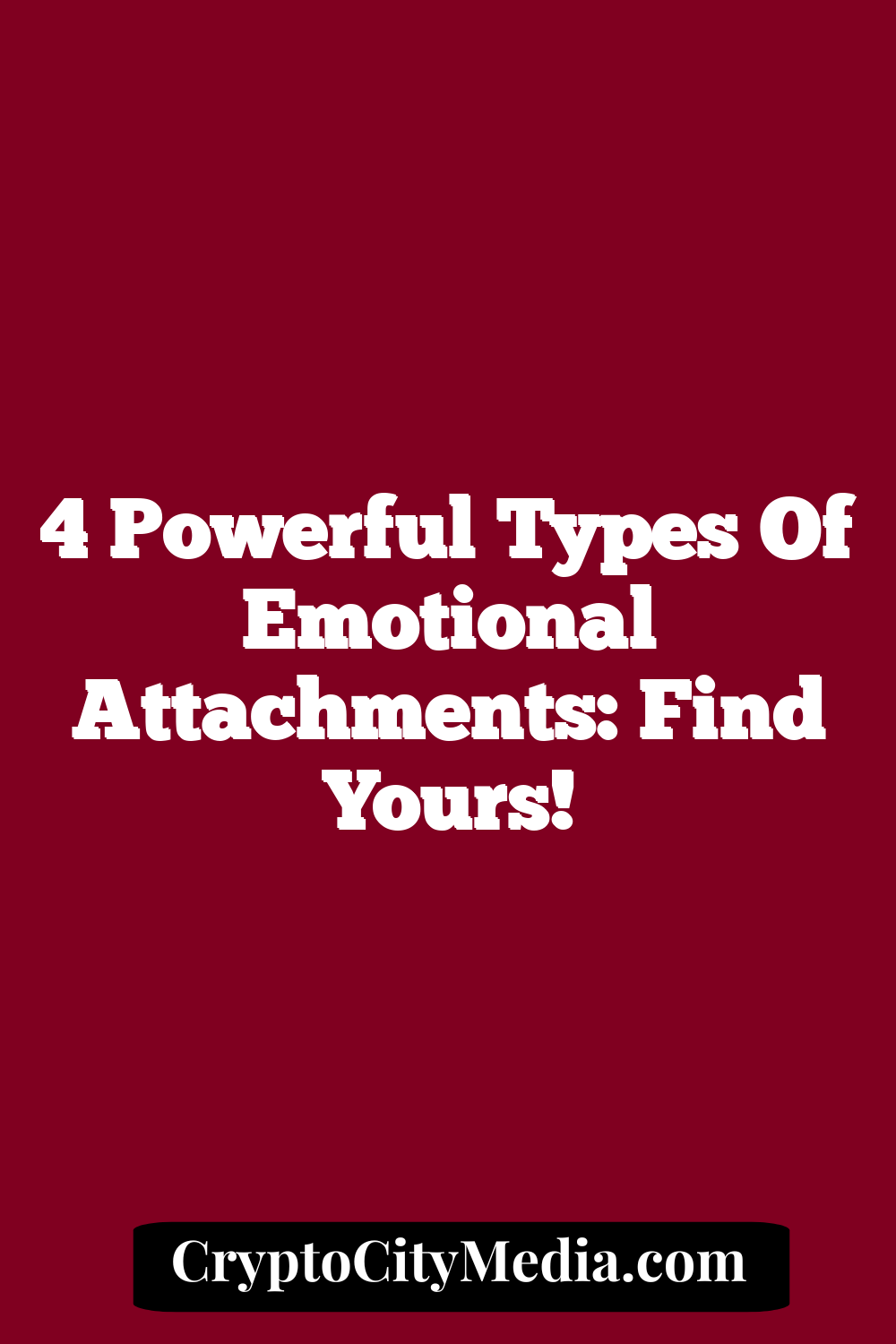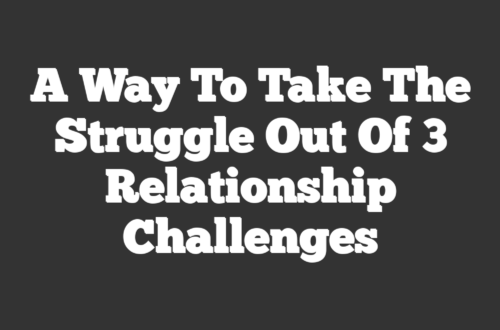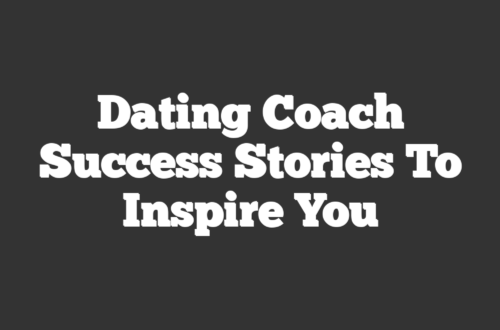
In a world where emotional attachments are being tagged as overrated nowadays, soft-hearted souls still yearn to find perfect emotional bonds.
Emotions, alongside trust and resilience, are foundational pillars of a thriving relationship. As our post-modern society undergoes significant shifts in how we connect with others, understanding emotional attachment styles has become crucial.
Most of us fail to recognize the type of emotion we are feeling for someone and fall into wrong attachments. This way things become toxic and harm us in many ways.
To create a balance and enjoy that deep passionate connection you must recognize the type of emotional attachment you are in. Keep following this blog so together we can find a genuine connection and emotional intelligence.
Attachment Theory and Its Types Simplified
“Attachment is a deep and enduring emotional bond that connects one person to another person across time and space.”
-(Ainsworth, 1973: Bowlby, 1969)
It prompts us to deeply consider whether our attachments align with this proven and profound criterion. Are your connections as enduring and meaningful as they could be?
The Attachment Theory from John Bowlby explains how early relationships we have with our caregivers influence the development of emotional ties.
There are 4 attachment styles according to Bowlby, namely secure, anxious, avoidant, and disorganized that affect people’s lives. Appreciating these types of emotional relationships may lead to better emotional connection and health.
Read More: What Emotions Help Creativity? Why Creativity Is Not Solely Dependent on Happiness
4 Types of Emotional Attachments Explained
Everyone wants to be valued and emotionally cared for by their loved ones. However, sometimes rushed decisions may lead you to unhealthy attachments that are not worthy of your emotions.
So, what can you do to secure yourself from falling for these types of attachments? You should analyze the basic traits of the opposite person and how they are reciprocating your emotions. To do so, you must understand these 4 types of attachments:
1. Anxious or Preoccupied Emotional Attachments
One of the most common emotional attachment styles is anxious or preoccupied attachments. In this type of attachment adults consider themselves less-worthy and their partners as the best match for themselves.
Therefore, a negative self-view and a positive outlook for the partner are the signs of this type of emotional attachment. Generally, the fear of abandonment runs through the veins of this attachment. Consequently, anxious partners long for security and constant assurance from their partners.
Who are Prone to Anxious Attachments?
People who are:
- Afraid of intimacy and emotional closeness
- Without any boundaries in their interpersonal relationships
- Easy to become obsessed with someone
- In search of constant reassurance
2. Avoidant/Dismissive Emotional Attachments
Avoidant or dismissive emotional attachments are exactly the opposite of anxious attachments. Here individuals with positive self-view despise others with negative emotions. Generally, people who feel avoidant attachments are more self-independent and they let others depend on them.
The common traits of this type of emotional bond are emotional distance, difficulty trusting others, bottled-up emotions, preference for independence over closeness, etc. Those with avoidant attachment tend to keep emotional distance to protect themselves from potential rejection.
Who are Prone to Avoidant Emotional Bonds?
Individuals who have been facing:
- Social anxiety
- Persistent depressive disorder
- Panic or anxiety disorder
- Clinical depression
Read More: Are You Struggling To Manage Your Emotional Reactions? 3 Important Steps To Take
3. Disorganized/Fearful Attachments
In this type of attachment, people face both the traits of avoidant and anxious emotional attachment styles. Mostly, they are influenced by mood and circumstances. As a result, their behaviors to attachments become very ambiguous.
Adults who are in a disorganized attachment may face both fear and desire. Therefore, they often struggle to find the true essence of their love relationships. Disorganized attachment can stem from past trauma or inconsistent caregiving.
Who are Prone to Disorganized Attachments?
It can be seen in people who have faced:
- Childhood trauma
- Difficulties in managing their emotions
- Fear and abandonment from their caregivers
- Frequent mental breakdown
4. Secure Emotional Attachments
The above three types of emotional relationships typically fall under the insecure relationship category. Now comes the 4th type, secure attachments. In this type of attachment, the process of showing emotions is very natural and not limited by anything.
Adults who are in a secure relationship can show their true emotions to their partners and ask the same from them as well. They are also reliable for each other. People with a secure attachment style feel safe and valued in relationships.
Who Can Get a Secure Attachment?
Individuals who:
- Have Confidence in relationships
- Have trust and reliability
- Believe in healthy communication and boundaries
Read More: 12 Signs You’re Uncomfortable With Emotions And How To Accept Them
Recognize Your Emotional Attachments Now!
Hope you have a brief idea about emotional attachments from the above discussion. As human beings, we are influenced by events, circumstances, people’s behavior towards us, and obviously our own psychic ups and downs.
So, it is not a shame that you don’t feel like others. You can get help from professionals to fight your own battle of attaching yourself to the outer world and shine in your own way.
Frequently Asked Questions
1. What are the four types of emotional attachments?
The four types are secure, anxious, avoidant, and disorganized attachment styles.
2. How can understanding my attachment style improve my relationships?
Understanding your attachment style can help you foster healthier and more meaningful connections by addressing and improving relationship dynamics.
3. Can attachment styles change over time?
Yes, with self-awareness and effort, attachment styles can evolve and become more secure.




